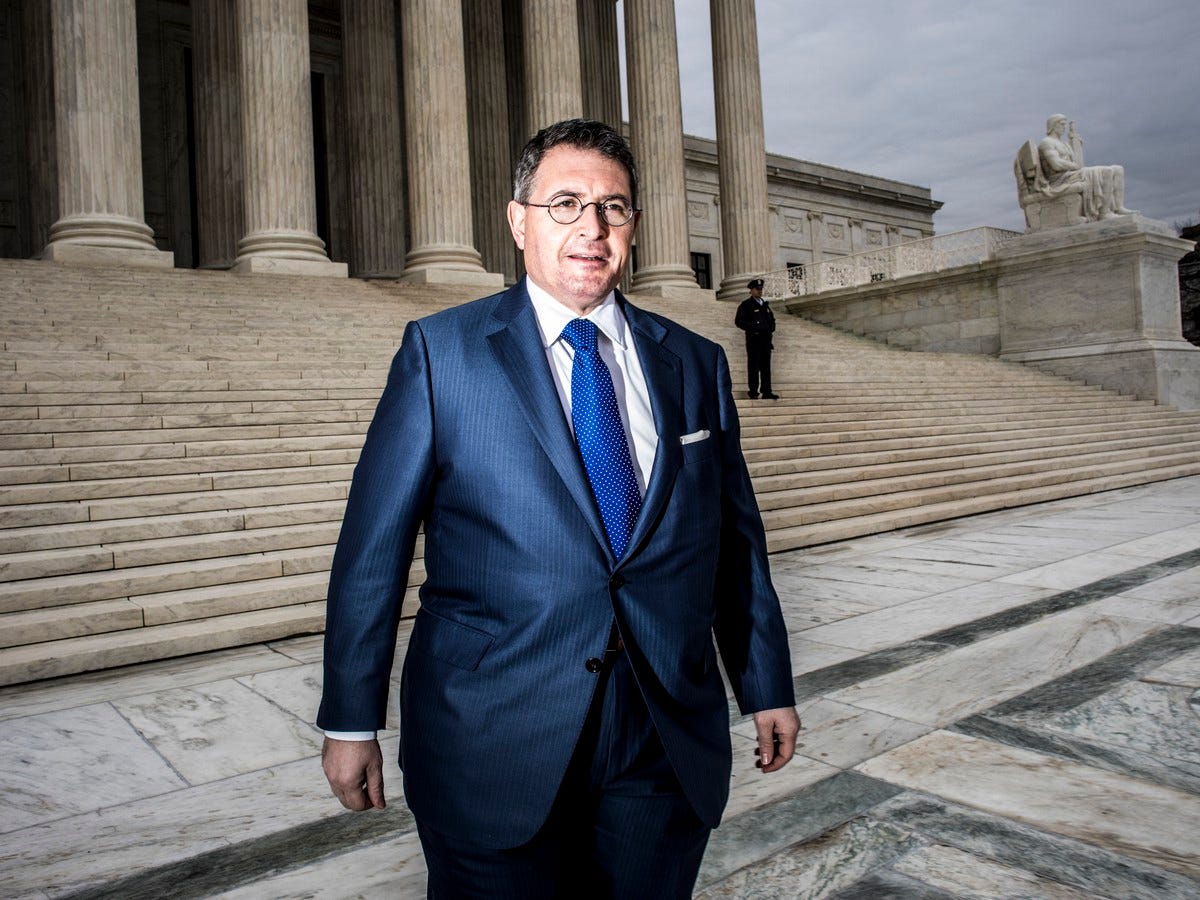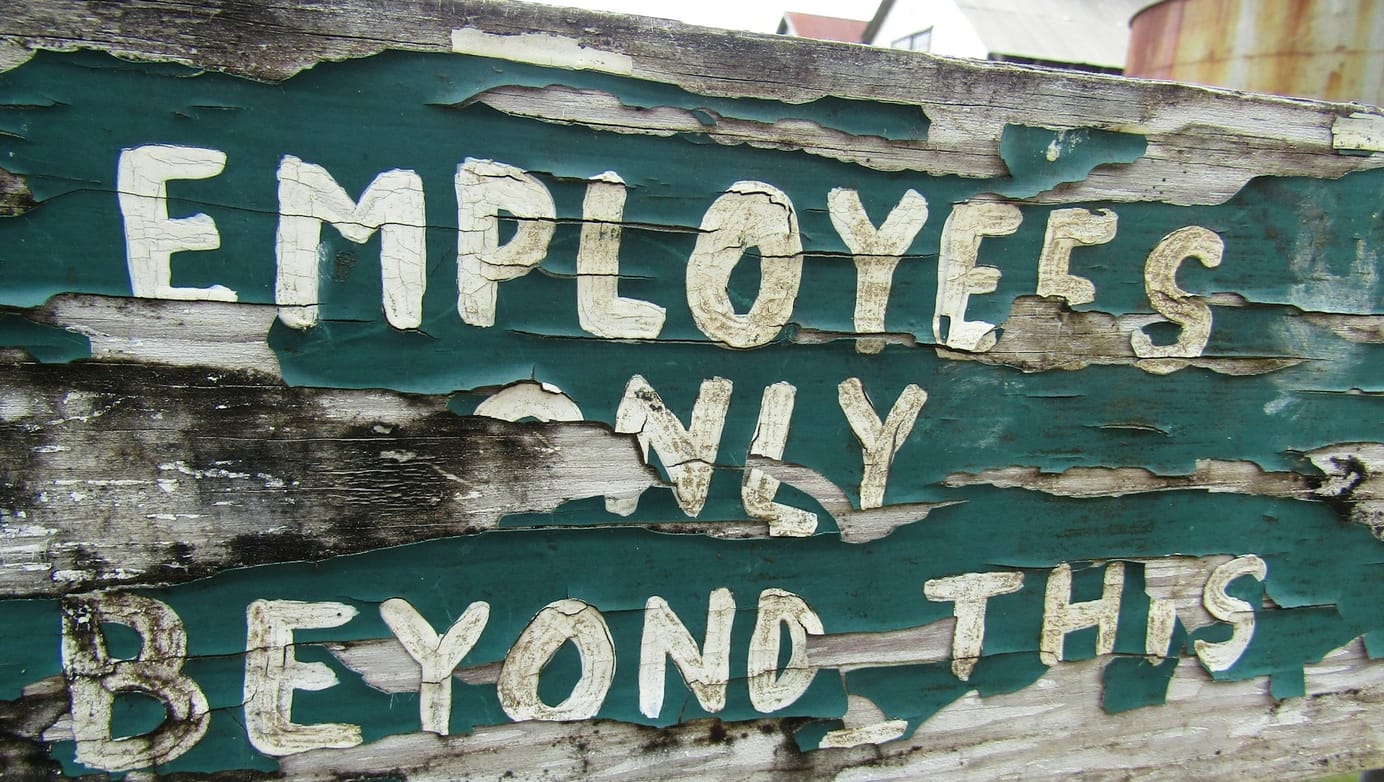How the Court was Corrupted: A Brief History of the Federalist Society
Part II: History of the Supreme Court
Table of Contents
🤓 Bite-Sized Knurd: The Federalist Society has been shaping the courts since the 80s by using a complete network of dark money, shadowy nonprofits, and media influence campaigns.
In Case You Missed It: The Supreme Court: From Uneventful Founding to Right-Wing Takeover

The uneventful founding of the Supreme Court is, in part, how we got to today’s radical right-wing activist court. The undefined structure of the Courts in the Constitution leaves a vacuum for actors to influence the court and its role in democracy.
The Dawning of the Federalist Society
One such actor entered the scene in the spring of 1982. When Reagan’s presidency was still young, a group of right-leaning scholars, judges, and Justice Department officials gathered on Yale’s campus.
“A Symposium on Federalism: Legal and Political Ramifications” on the surface sounded boring, but it became the moment one of the most influential and destructive organizations in modern U.S. democracy came into being.
This group thought the 1960s civil rights and liberation movements had gone too far and the country needed to return to an “originalist” reading of the Constitution (you know when white women couldn’t vote and black people were property).
Thus the Federalist Society was born.
Now, all six conservative justices on the Supreme Court have direct ties to the Federalist Society and they’ve been key to stacking lower courts with right-wing judges.
“We thought we had planted a wildflower in the weeds of academic liberalism, Instead it was an oak.” - Justice Scalia
They bill themselves as a nonpartisan group merely here to exchange ideas and debate the issues. Boy, do I wish that was true!
An Interconnected Web

Since its founding, The Federalist Society has helped mentor and support conservative law students who go on to become influential in politics or justices themselves.
As the right-wing money started flowing in, their influence and focus on raw politics expanded. Enter Leonard Leo, who became its president for many years. The New Jersey native who was nicknamed “Moneybags kid” (no joke) in high school, has been influential in getting conservative justices onto the court starting with his friend Clarence Thomas.
Leo has been the puppetmaster behind the scenes of Supreme Court nominations developing a shadow network of non-profits to raise dark money and influence the media and national narrative.
The Media & Public Opinion Influence
In March 2016, Leo had the foresight to work with Trump as he wrapped up the Republican nomination to strategize a court takeover.
Using three new nonprofits with no employees or website, they raised $33 million in dark money to give cloud cover to Senate Republicans for leaving a Supreme Court seat open for 14 months in 2016 and to support future Republican nominations.
They used a network of innocent-sounding organizations like ‘Independent Women’s Voice’ to question the women coming forward about Kavanaugh’s sexual assault allegations and passed $1 million to the NRA to support the nominees.
Leo’s sinister genius is the circular nature of it all. The Federalist Society spends a ton of money to nominate a young right-wing judge to a lifetime appointment → these justices then help weaken election finance laws → which in turn allow the Federalist Society to raise millions of dollars from unidentified donors.
As Justice Thomas’ relationship with Harlan Crow shows, we don’t have a full picture of who is influencing the court’s decisions because of the court’s decisions to hide that influence.
Why Focus on the Courts?
It’s important that we not only reflect on how we got here but why conservatives need The Federalist Society in the first place.
The goal of the organization is clear, to turn the courts into a tool for conservative and corporate interests. Why did they choose the courts? Why not focus on winning elections?
First, they recognized that elections may come and go, but judges have lifetime appointments. More importantly, conservative policies have become less and less popular over time. Simply put, conservatives don’t have the ability to push through their unpopular agenda at the ballot box or through legislation so they chose the branch of government with little oversight.
It’s all by design - the goal is to capture U.S. courts to enact a radical social and economic agenda that isn’t possible through normal democratic means.
Stay tuned for next week, where we’ll dive into some of the cases the court has decided on recently and how they influence our everyday lives.
Learn something new? I know I did while writing this! If so, consider sharing this with a friend.

- What’s up with…the WGA Writer’s Strike? A 1-minute recap of the strike and its implications for us and the entertainment industry.
- How I Learned to Accept When I Can’t Find My Flow & What I Do Instead Activism has brought me back to my love of writing, but it's also been extremely challenging because of the heaviness of the topics I write. Recently, I wrote about my process outside of writing to prepare me for better writing in the future.
- Digital Ad Plan Templates: Knurdology is now offering custom templates for digital advertising planning and reporting (nonprofit, political, B2C, B2B). Get yours for faster and easier planning!
Up Next
🌱 the roots of change newsletter 📚 Newsletter
Join the newsletter to receive the latest updates in your inbox.







